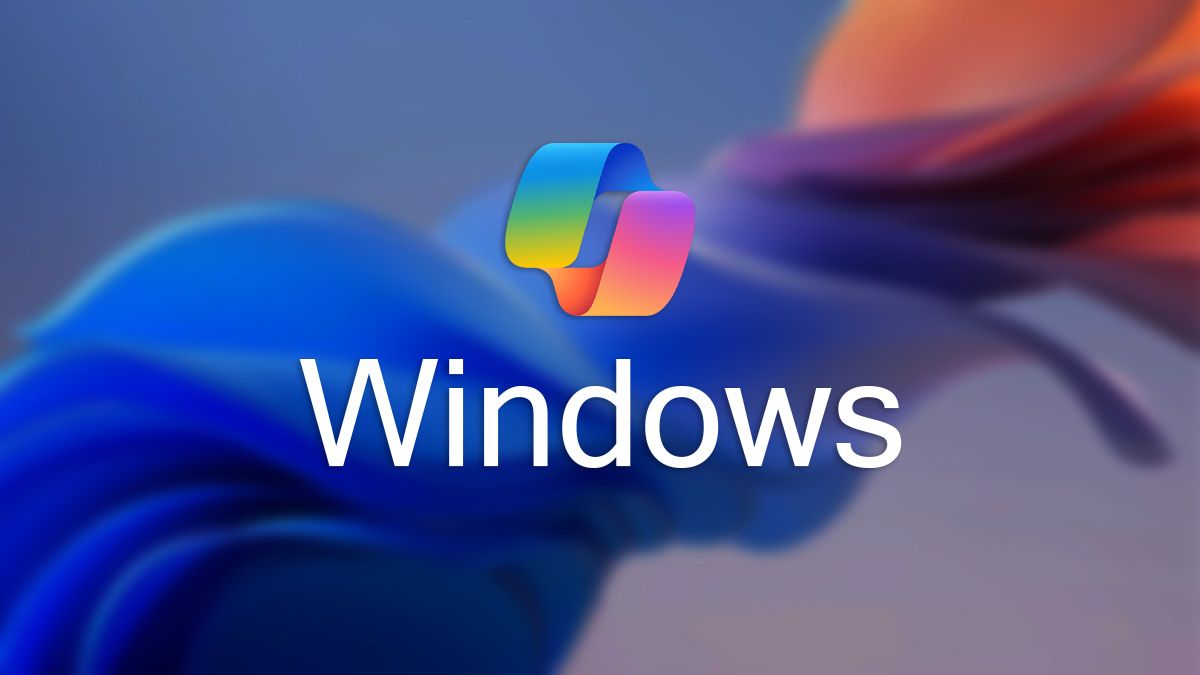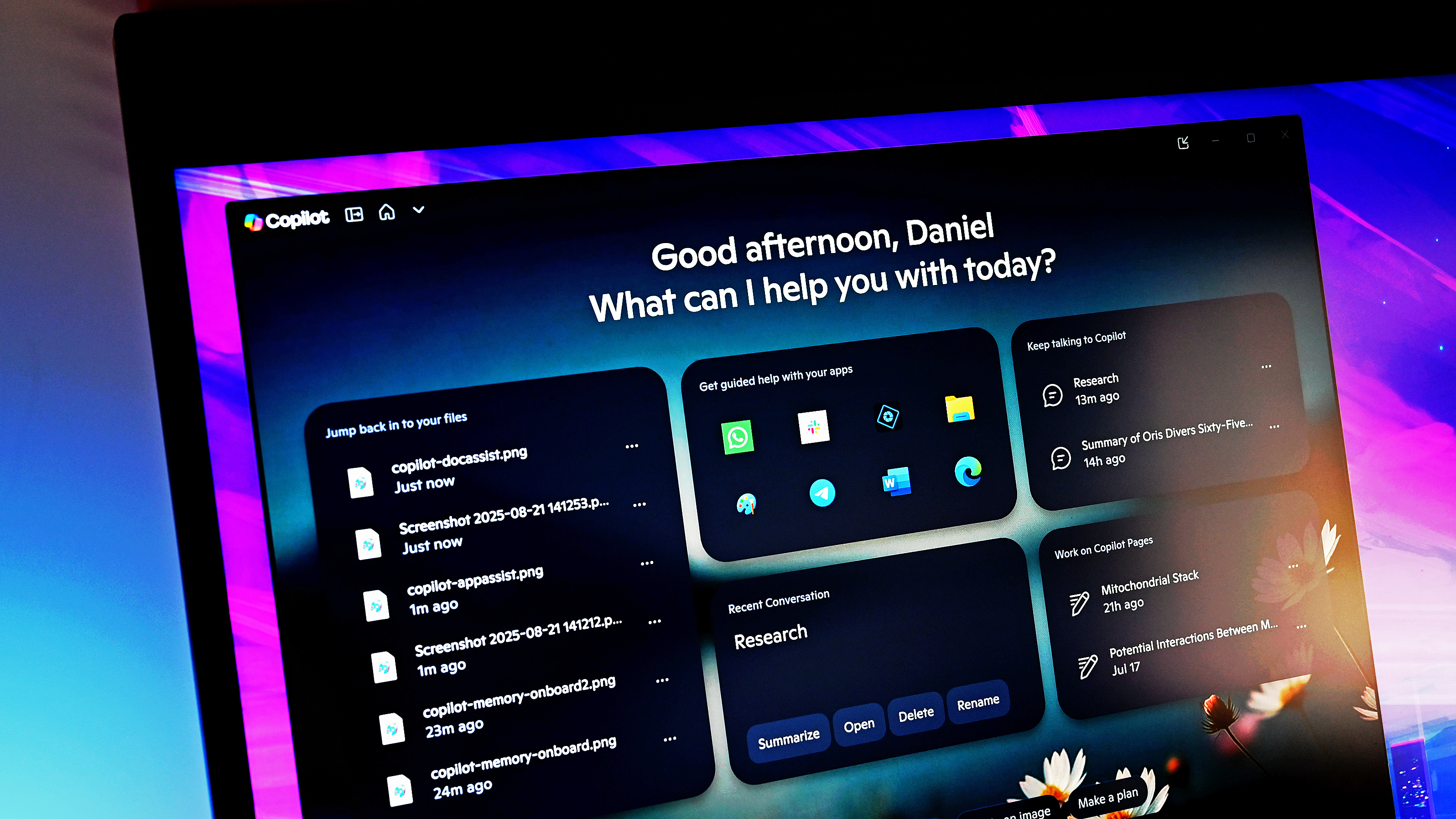
Pavan Davuluri, who leads Windows at Microsoft, recently shared on X that the operating system is moving towards becoming an “agentic OS.” This announcement follows an internal restructuring within the Windows division, designed to help Microsoft deliver an AI-powered version of Windows.
This article mainly focuses on Microsoft Ignite and how people are using Windows for AI. However, it also confirms Microsoft’s intention to develop Windows into an ‘agentic OS’ – something they’ve hinted at several times recently.
The online reaction to the post has been overwhelmingly negative, with many people expressing the same sentiment: they don’t want an AI-powered version of Windows. Comments like “Stop this nonsense, no one wants this” and “Honestly, nobody wants this” are common.
Most people responding to Davuluri’s tweet expressed negativity, though a few were hopeful about the future of Windows. The remaining responses showed a lack of interest or a belief that Microsoft shouldn’t be focusing on making Windows an AI-powered platform.
It’s not just a few people complaining, either. Across most discussions about the future of Windows and its use of AI, a significant number of users are expressing disagreement with Microsoft’s plans. As one X user put it, “You’re receiving a lot of negative feedback about all this AI, and yet you’re continuing forward. Why?”
Windows currently has a very negative reputation, and Microsoft’s strong focus on artificial intelligence isn’t improving the situation. Many users simply want Windows to be a straightforward, reliable platform, but recently it’s become increasingly cluttered and frustrating to use.

Many users feel Microsoft is increasingly prioritizing profit over user experience with Windows. Constant prompts to use services like OneDrive and Copilot, along with the push for Microsoft Accounts, make it seem like the company is trying to extract as much money as possible from those who already paid for the operating system. Since Windows isn’t a free product, these practices are frustrating for a lot of people.
People are frustrated with more than just the increasing number of ads and the overall decline in quality of Windows. Many are reporting that the operating system feels less reliable, with frequent updates often creating new problems. Despite a testing program meant to identify and fix issues beforehand, users are experiencing a growing number of bugs. One X user described it as becoming a “bug-ridden mess,” adding that it has worsened an already flawed product.
Many users believe AI isn’t the solution to Windows’ existing issues. Microsoft should prioritize fixing fundamental problems before adding AI features to the operating system.
Microsoft has been heavily investing in artificial intelligence recently, so much so that they’re reducing budgets in other areas of the company to pay for it. This has led to significant cuts for Xbox and Surface, and many feel that the quality of Microsoft’s products is suffering as a result. Essentially, Microsoft is prioritizing AI above all else.
Microsoft is facing a tough challenge getting people to adopt its AI tools. Over the past ten years, the company’s history of discontinuing products and features has eroded customer trust, making many hesitant to use offerings like Copilot, OneDrive, or even Microsoft accounts.
If Microsoft had focused more on attracting and satisfying customers over the past ten years, they might not need to rely on pushy or frustrating methods to get people to use their products. Perhaps then, users would willingly connect a Microsoft account to Windows 11 and choose to use OneDrive.
Microsoft is facing challenges and a turnaround seems unlikely without significant changes. They need to stop prioritizing adding lots of new features and instead focus on stabilizing and improving the core Windows operating system.
Interestingly, Windows 11 is unique among current operating systems because it *requires* you to create an online account during the initial setup process. Other popular systems like Android, iOS, macOS, Linux, and Chrome OS all let you choose to use a local account instead. This really highlights how much things have changed with Windows.
Read More
- How to Get the Bloodfeather Set in Enshrouded
- Every Targaryen Death in Game of Thrones, House of the Dragon & AKOTSK, Ranked
- The Best Members of the Flash Family
- Best Controller Settings for ARC Raiders
- The Pitt Season 2, Episode 7 Recap: Abbot’s Return To PTMC Shakes Things Up
- 4 TV Shows To Watch While You Wait for Wednesday Season 3
- Best Thanos Comics (September 2025)
- Goat 2 Release Date Estimate, News & Updates
- Where Winds Meet: How To Defeat Shadow Puppeteer (Boss Guide)
- Duffer Brothers Discuss ‘Stranger Things’ Season 1 Vecna Theory
2025-11-12 02:40